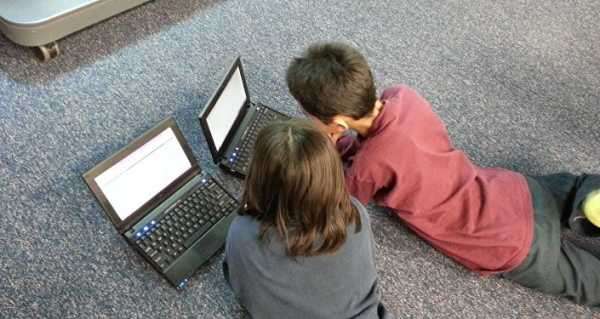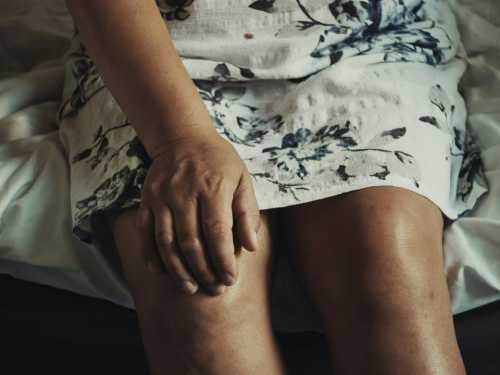
Researchers at Moscow State University of Psychology & Education (MSUPE) have looked into the impact of the internet and social networks on adolescents.
According to the authors of the study, the data obtained will help establish a monitoring system to prevent problematic behaviour online. The results have been published in the International Journal of Cognitive Research in Science, Engineering and Education journal.
MSUPE researchers say the number of people using the internet and social networks is rising sharply. In 2019, 57 percent of the global population used the World Wide Web and 45 percent used social networks.
Last year, people spent on average 2 hours 16 minutes on social networks every day. Following the outbreak of the pandemic, screen time skyrocketed.
Adolescents and young adults are the most active internet users, MSUPE scholars noted. The new research project is dedicated to studying the psychological risks people may face on social networking sites, and working out ways to prevent them and deal with their consequences.
“The main goal of our project is to design programmes to assist children, teenagers, and young adults in the online sphere. Abroad, technologies already exist to help kids online who appear suicidal, or those who have fallen victim to cyberbullying, sexting, grooming, or found themselves in some other difficult situation. Such programmes should be scientifically grounded and have proved efficacy, and they are important and in high demand in our country,” explained Varvara Delibalt, an academic at the department of Legal Psychology and Law, Faculty of Legal Psychology, MSUPE.
New research shows that adolescents who demonstrate cyber aggression and suicidal behaviour on the internet can experience problems in their everyday lives, including those that are hard to detect by specialists. Their behaviour on the internet is only a consequence of what they have been experiencing offline, the researchers stressed.
MSUPE researchers are certain that in some cases, improper use of the internet may lead to a loss of mental control, which can cause issues like infantilisation. Researchers believe that there’s a need for technologies and educational programmes designed to help web users to approach information more critically so they can detect toxic content.
These and other issues of virtual communication, MSUPE specialists say, are having a serious impact in Russia. To resolve them, specialists need to be trained and new psychological assistance techniques are required.
The project team is comprised of specialists from the Faculty of Legal Psychology, Centre for Interdisciplinary Research of Modern Childhood and the Faculty of Information Technologies, MSUPE.
Sourse: sputniknews.com






